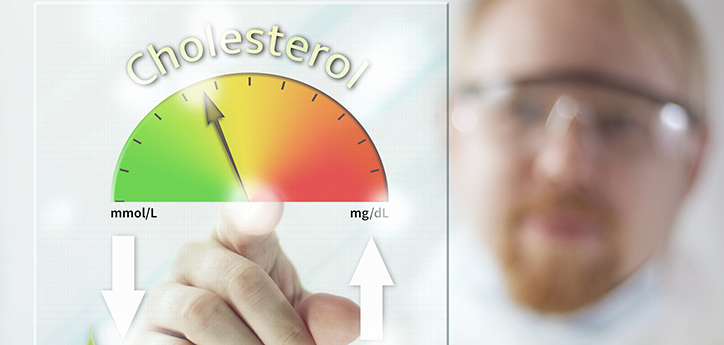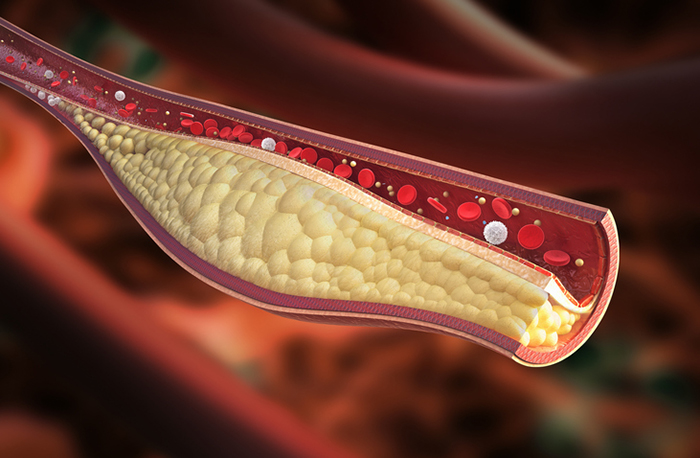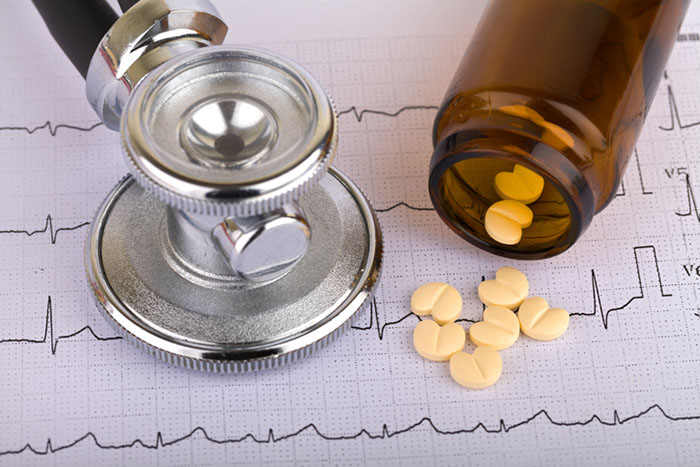High lipid and cholesterol levels can significantly increase one’s risk of developing heart attack, chest pain, and stroke. Fortunately, there are several effective high LDL cholesterol treatment options available today.
Lipid levels can be lowered using a combination of exercise, diet, weight loss, and medications. As the level of lipids falls, so do the risks of developing cardiovascular disease (commonly known as CVD), coronary artery disease, cerebrovascular disease, and peripheral vascular disease. This normally results in a low risk of suffering from a stroke or heart attack. It’s not too late in case CVD is already present as the right high LDL cholesterol treatment can be lifesaving.
Who Needs Treatment for High Cholesterol?
The decision to lower LDL cholesterol is made based on a case-by-case basis. Many healthcare providers usually consider current levels of lipids, the presence or even absence of CVD, and several other risk factors for cardiovascular disease.
- People with CVD – A lot of trials have shown that lowering LDL cholesterol is beneficial to people with coronary heart disease. Several healthcare providers recommend that all patients with cardiovascular disease should be treated with a high dose of statin therapy.
- People without CVD – Individuals without a history of cardiovascular disease also appear to be benefiting from lipid lowering therapy even though the treatments aren’t as aggressive as those for patients with cardiovascular disease.
Other Special Groups:
- Hypertriglyceridemia – Higher levels of triglycerides haven’t generally been thought to pose the same risks of CHD as the LDL cholesterol. Nevertheless, healthcare providers mostly recommend treatment for individuals with elevated levels of triglycerides if they have very high levels (more than 500 to 1000 mg/dL).
- Diabetes mellitus – Individuals with diabetes (either type 1 or 2) are at a high risk of developing heart disease. Therefore, an LDL level below 2.59 mmol/L (100 mg/dL) is recommended for people with diabetes.
- The Elderly – The decision for high LDL cholesterol treatment for elderly people depends upon the individual’s age in years and the physiologic age (fitness, health). A person who has an underlying illness and limited life span is probably not an ideal candidate for drug therapies.
High Cholesterol Treatment Options
The level of lipids can be lowered by using medications, with lifestyle changes, or a combination of both. In some instances, a healthcare provider shall recommend a trial of lifestyle changes before recommending any form of medication. The best approach usually depends on your individual situation, including the lipid levels, risk factors, medications, health conditions, and lifestyle.
- Lifestyle Changes
All patients with a high LDL cholesterol should try making some changes in their daily habits by reducing their intake of saturated fat in their diet, losing weight (if obese or overweight), performing aerobic exercises, and eating a diet that’s rich in vegetables and fruits.
The benefits of these types of lifestyle modifications normally become fruitful in 6-12 months. However, the success of lowering LDL cholesterol with lifestyle changes varies greatly and most healthcare providers elect to start drug therapy before it is too late.
- Medications
There are very many medications that are available to help lower LDL cholesterol, but only a few medications are available for increasing the HDL cholesterol. Every category of these medications targets a specific lipid and they vary in terms of how they work, their effectiveness, and cost. Your healthcare provider will recommend a specific medication or even a combination of several medications based on the blood lipid levels alongside other individual factors.
Statins: Statins are one of the most powerful drugs used to lower LDL cholesterol, and they are the most effective drugs used to prevent coronary heart disease, stroke, heart attack, and death. The medication usually decreases the production of cholesterol in the body and can help in lowering LDL cholesterol by as much as 20-60 percent.
PCSK9 inhibitors: The PCSK9 inhibitors are a relatively new class of drugs that can also lower LDL cholesterol levels.
Ezetimibe: Ezetimibe impairs the ability of the body to absorb cholesterol from the food as well as the cholesterol which the body produces internally. Ezetimibe also lowers the LDL cholesterol levels.
Bile Acid Sequestrants: Bile acid sequestrants include colestipol, colesevelam, and cholestyramine, and these work to bind to bile acids inside the intestine thus reducing the amounts of cholesterol being absorbed from foods.
Nicotinic Acid: Nicotinic acid is basically a vitamin that’s available in sustained-release, extended-release, and immediate-release formulations. Nicotinic acid might be recommended for individuals with elevated levels of cholesterol that do not adequately respond to other treatments despite maximum tolerated doses of statins.
Fibrates: The fibrate medications (fenofibrate, fenofibric acid, and gemfibrozil) can lower the levels of triglyceride and raise the HDL cholesterol levels.
- Nutritional Supplements
Fish Oil
Oily fish like mackerel, herring, salmon, anchovies, bluefish, and sardines contain 2 important fatty acids called EPA and DHA. Eating a diet consisting of one or two servings of oily fish weekly can reduce the levels of triglycerides and reduce the risks of death from coronary heart diseases. Fish oil supplements are widely believed to have similar benefits.
Soy Protein
Soy protein normally contains isoflavones that mimic the action of estrogen. Eating a diet high in soy proteins can lower the levels of total cholesterol, triglycerides, and LDL cholesterol while raising the HDL cholesterol levels. However, normal protein shouldn’t be replaced with isoflavone supplements or soy protein in an attempt to lower the cholesterol levels. Soy food products are likely to have greater beneficial effects on cardiovascular health overall because they are high in unsaturated fats and low in saturated fats.
Plant Sterols and Stanols
Plant sterols and stanols work by blocking the absorption of cholesterol inside the intestine. They’re naturally found in certain vegetables, vegetable oils, fruits, nuts, legumes, and seeds. They can also be found in commercially prepared products like margarine, orange, rice milk, as well as some dietary supplements such as Cholest-Off and Benecol SoftGels.
Sticking With the Treatment
High LDL cholesterol treatment is a lifelong process. Even though medications might rapidly lower LDL cholesterol levels, it often takes around 6-12 months before the effects of lifestyle modifications become noticeable. Once you have had an effective treatment plan of lowering LDL cholesterol and start seeing results, it’s important to stick with that plan. Stopping your high LDL cholesterol treatment –for instance, because of some side effects– will allow your body’s lipid levels to rise again, and you’ll find yourself at square one.
Featured Image Source: Thinkstock/Oskari Porkka
Posted on February 15, 2023



